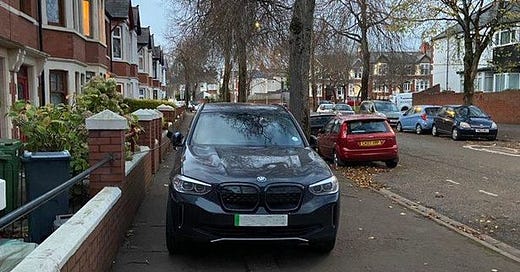Hello and welcome back to The Fast Charge, a British EV newsletter.
In today’s edition… EVs boost registration figures, a charging drought warning from SMMT, and Tesla is looking to expand its Supercharger trial.
As ever, if you have any questions or thoughts, please do contact me at tomrileylondon@gmail.com.
In the last week…
CHARGING AHEAD: For the last four months, sales of new cars have been rather poor. However, that has all changed this month according to the latest figures released yesterday by the Society of Motor Manufacturers and Traders (SMMT). Sales for November have risen by 1.7% compared to the same time last year. The even better news is that the drive upwards seems to have been propelled by a surge in EV purchases. Last month, almost 22,000 pure electrics were registered according to SMMT – that’s about 20% of all registrations. This is pretty much double compared to November 2020, consequently when the Government first announced its decision to ban the internal combustion…



